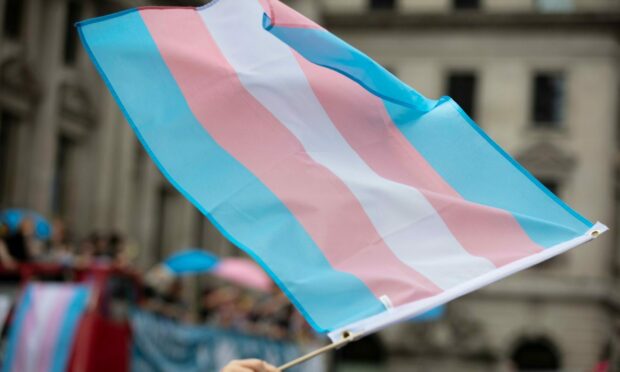The UK Government’s attorney general has warned she could seek to block the SNP’s gender reform bill in Holyrood.
Tory legal minister Suella Braverman sparked a constitutional row over Scottish Government plans to make it easier for transgender people to self-identify.
If reforms to the Gender Recognition Act are passed, trans Scots would be allowed to legally change their gender without requiring a medical diagnosis.
The bill has come under intense focus since it was introduced to the Scottish Parliament in March following delays due to Covid.
But Ms Braverman indicated she would be willing to mount a legal challenge against the Holyrood government to stop it from being passed.
The attorney general fears it could create a “two-tier system” if transgender people can self-identity in Scotland but not south of the border.
She told The Telegraph: “I think there are incredibly serious implications of what the Scottish government is proposing, and I will be considering whether there are constitutional issues.
“Effectively the Scottish Parliament, if this is enacted, will be approving a form of self-identification. And we will have a two-tier system within the United Kingdom.
‘Huge uncertainty’
“I can’t foresee how that is workable, whereby north of the border, you may be able to self-identify but a bit south of the border that might not be recognised. It is incredibly worrying and causes a huge amount of uncertainty.”
Trans people in Scotland have been able to apply for legal gender recognition under current laws since 2004.
But legal recognition is not required for someone to transition medically, and not all trans people obtain a Gender Recognition Certificate.
The bill would also reduce the time someone needs to live in their acquired gender from two years to three months, with a further period for reflection before a certificate is then granted.
The government’s reform plans have sparked a backlash from some campaigners who claim the bill would threaten women’s rights.
But those in favour – including SNP and Green ministers – say it will simplify existing processes which allow Scots to transition.
A Scottish Government spokesperson: “We are committed to reforming the gender recognition process and have always been keen to seek consensus where possible and to work to support respectful debate.”

